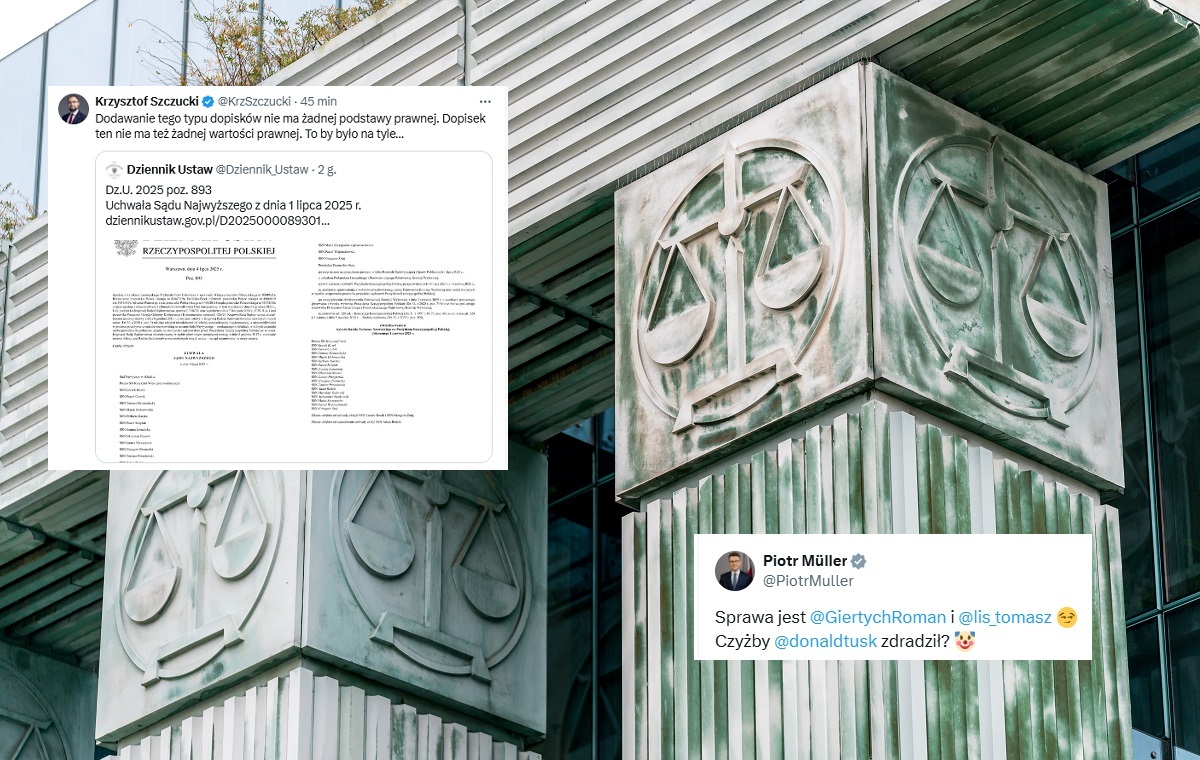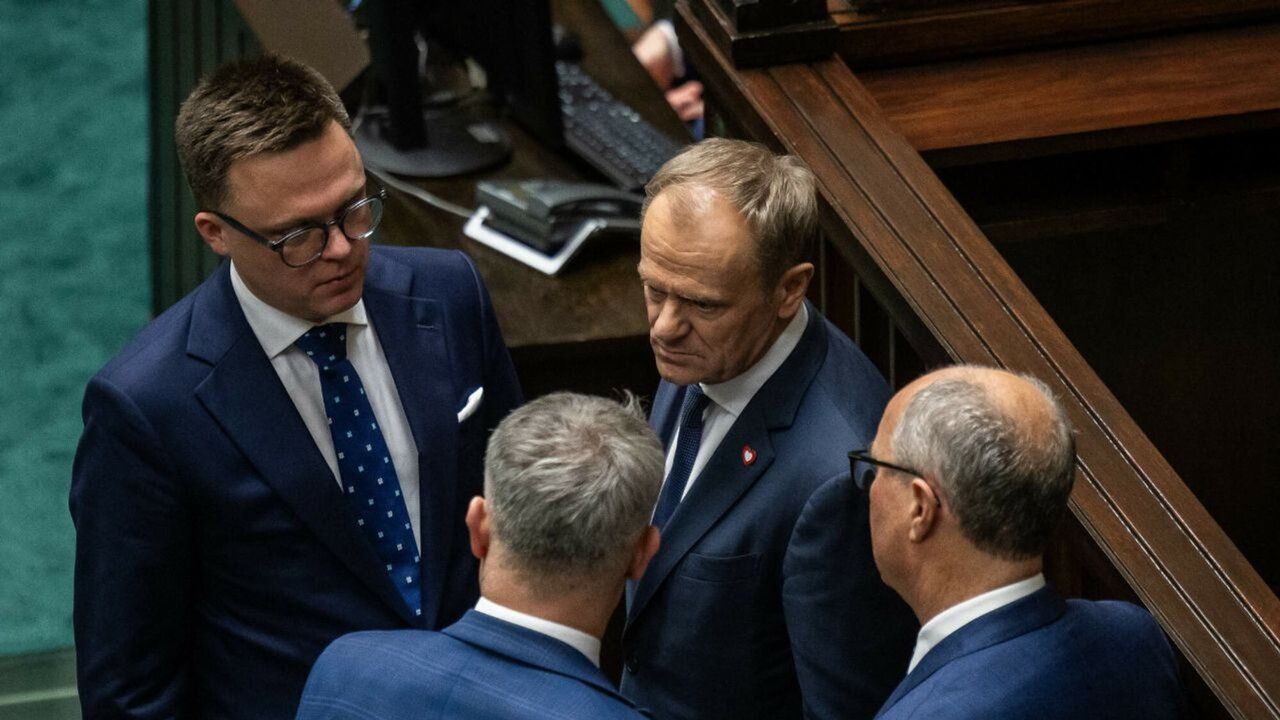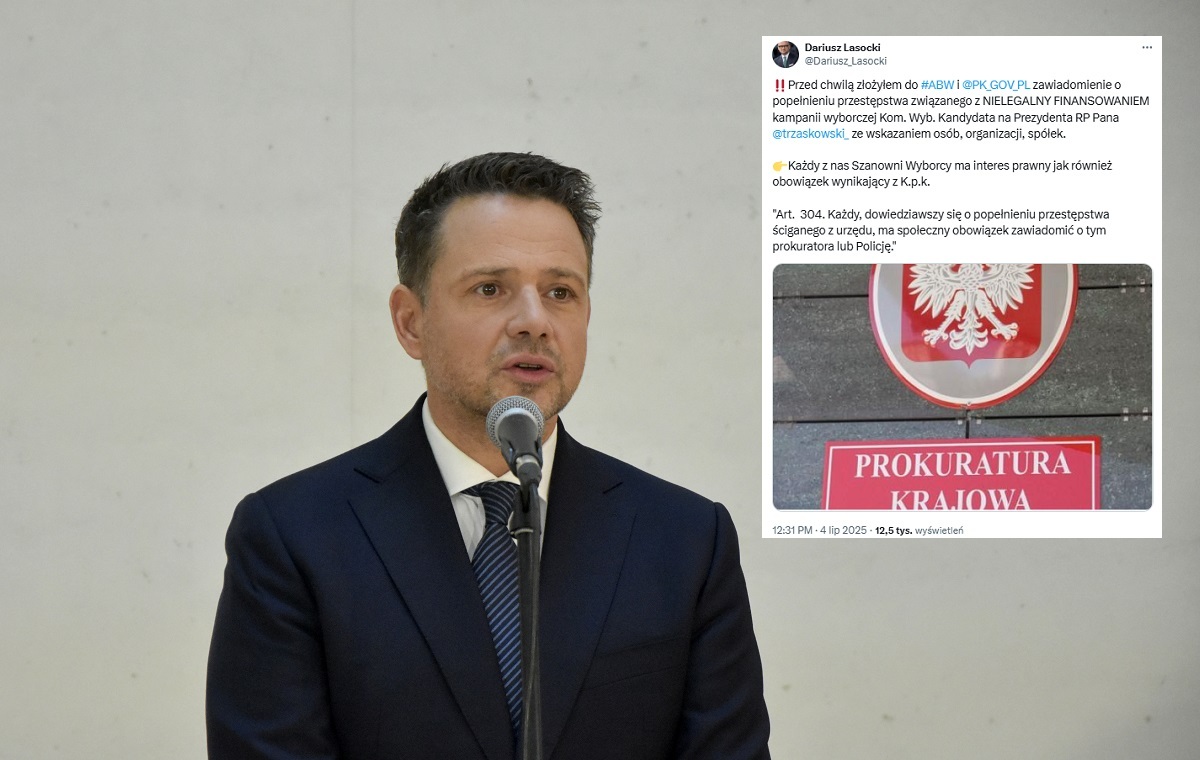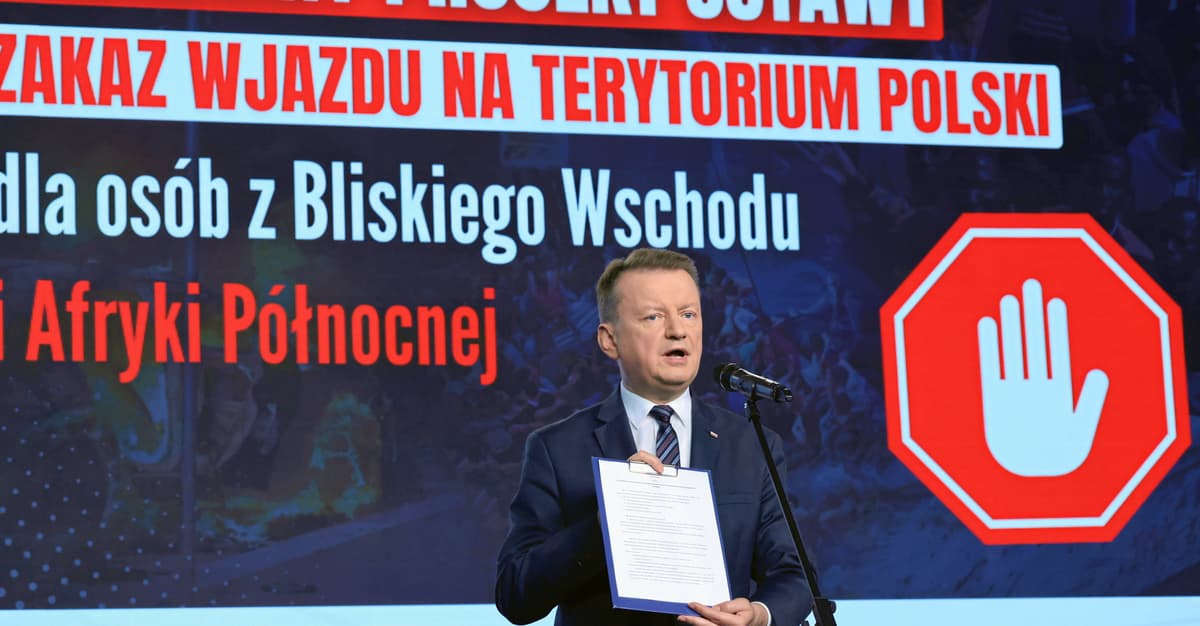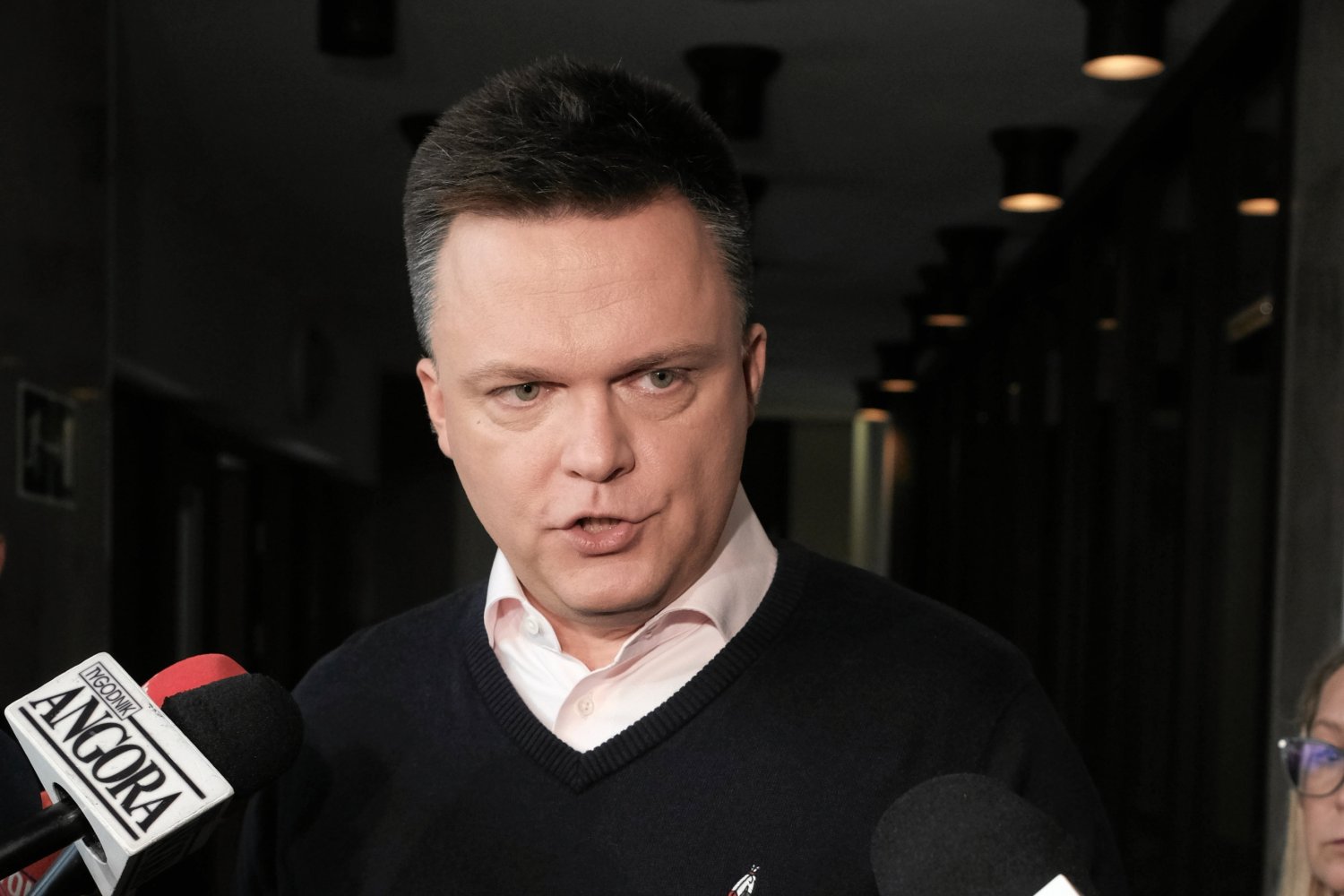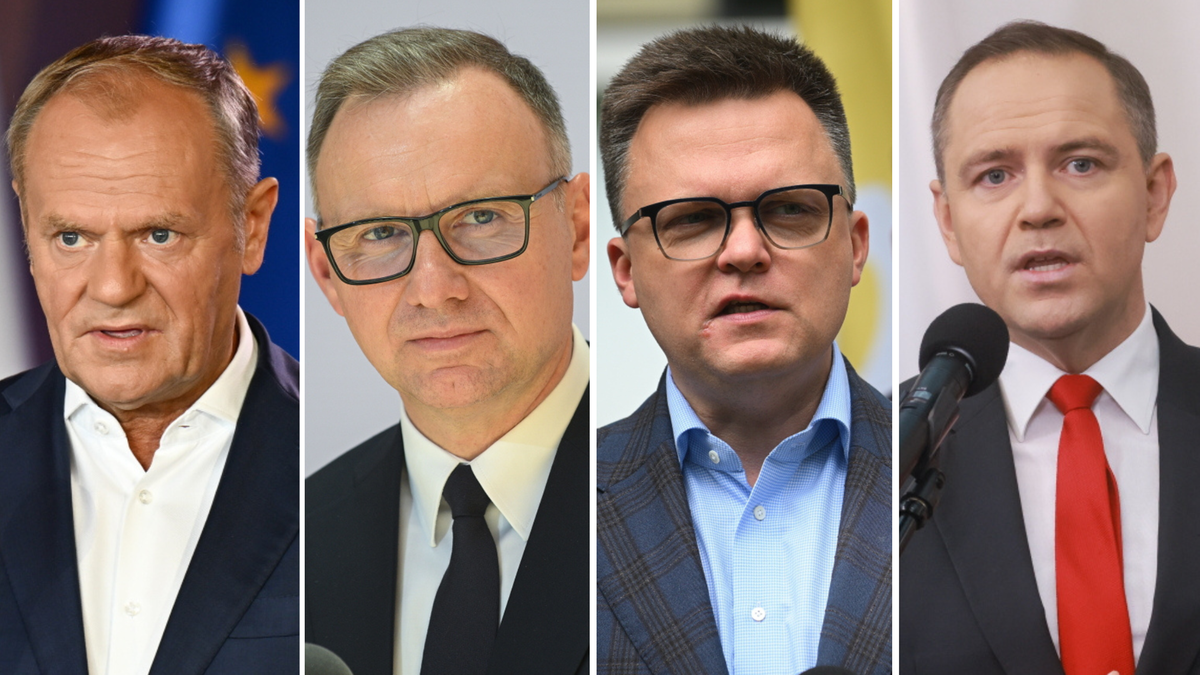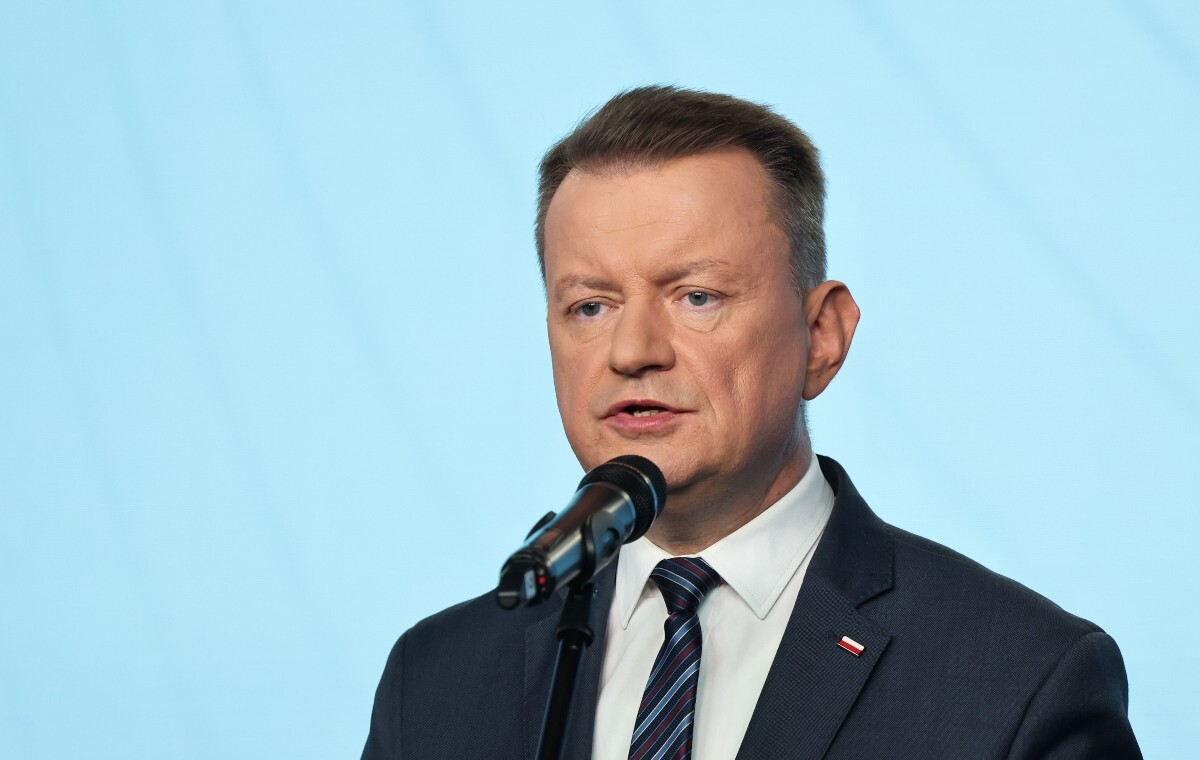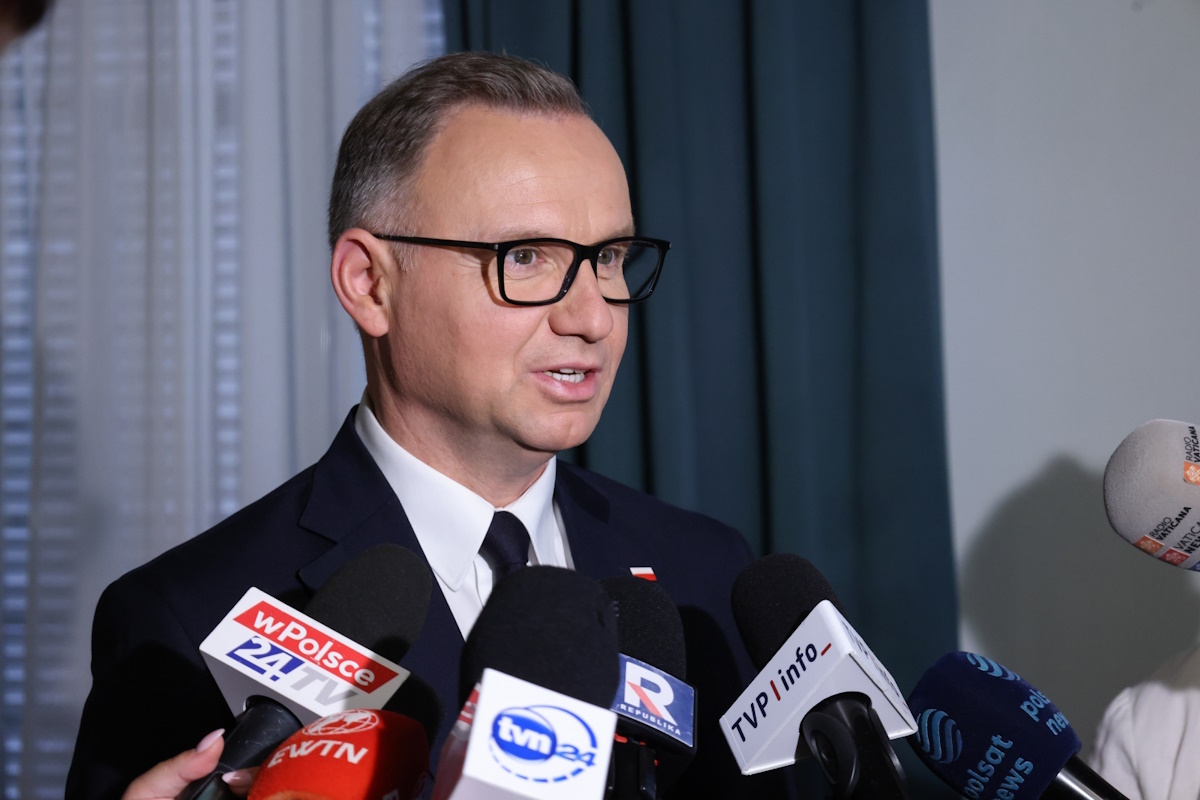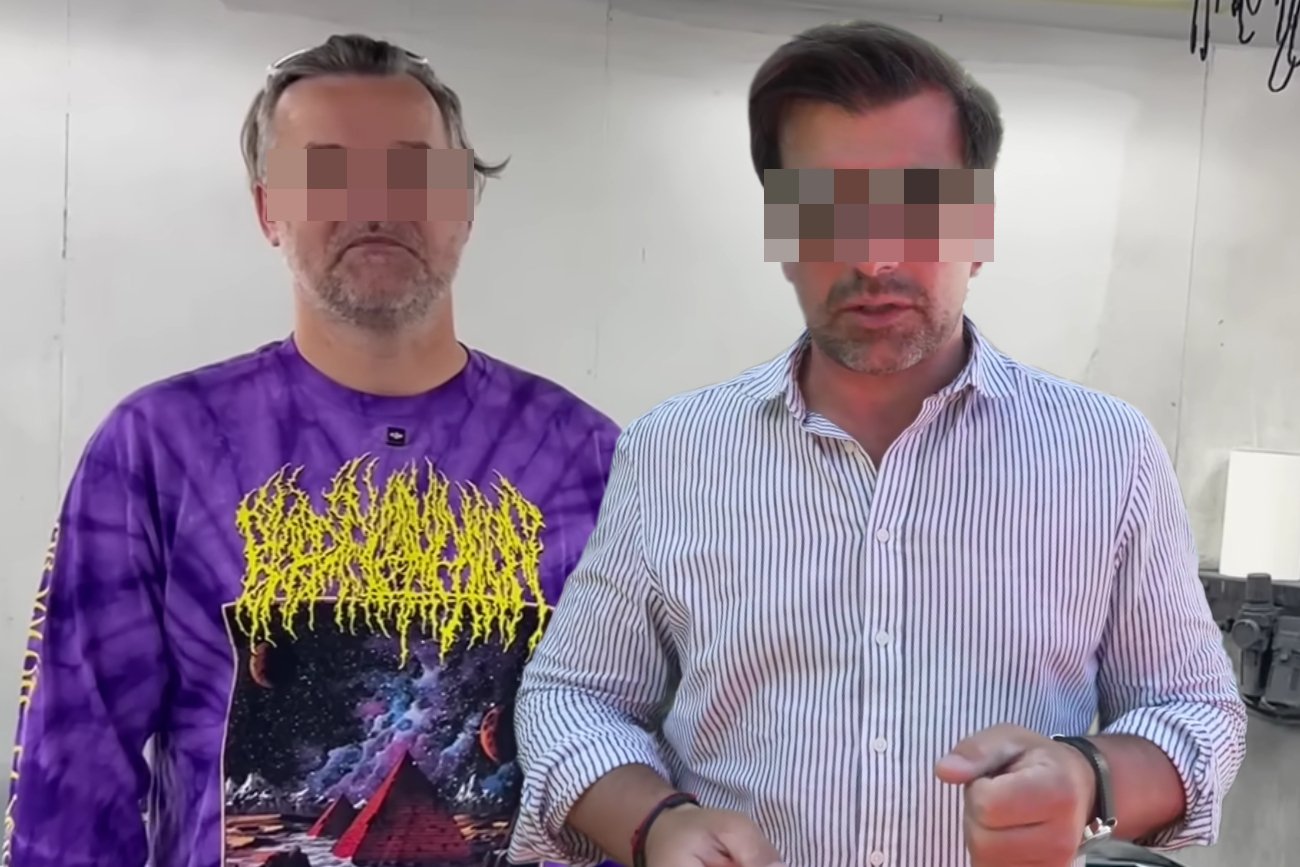Dominika Długosz and I are discussing the function of the president in the Polish political system, whether the election promises of candidates are possible and how parties treat their presidents.
(Interview is simply a edited and completed version of the podcast Are you aware? p. Secrets of the presidential palace. Where's the real power?)
Rafał Górski: Your book “Mysteries of the Presidential Palace” was published on the Polish market. What does it mean that the president "instead of dealing with matters of state importance, devotes himself to matters of court importance"?
Dominica Długosz: In the prerogatives of the president there are not many matters of state importance.
The most crucial is the representation function of the President, which allows to build the meaning of Poland, while another functions are not legally available to him and must win them from the government itself. Most Polish presidents could not do this effectively: neither Lech Kaczyński, nor Bronisław Komorowski, nor Andrzej Duda. Eventually, they surrendered, collapsed into the palace, plunged into the games inside the palace factions, and ceased to play an crucial function in politics.
What if they tried harder?
Each president should enter the palace with the awareness of what his tasks are defined by the Constitution. He should besides plan on how he will work with the government.
Yes, the president and the government should clash, so our political strategy is constructed, but there must be no permanent deficiency of cooperation. A man who will be able to work with the government and represent Poland well abroad has a chance to be as a serious politician who can be called a statesman.
Are current candidates for the office of president aware of the presidential powers and the plan to cooperate with the government?
The Polish presidential run is completely disconnected from the function of the president as defined in the Constitution. All candidates promise us things that do not depend entirely on the President's will: for example, they talk about taxes and fiscal policy is dealt with solely by the government.
Ba! The budget is the only bill the president can't veto. Topics raised in the presidential run are run themes, but for parliamentary elections. I realize politicians who promise gold mountains due to the fact that voters want to hear it. The problem is that in 1997 we passed a constitution that we do not realize and do not observe. We do not realize that the President's prerogative is simply a chandelier and veto. [In January 2010, in an interview with “Gazeta Wyborcza”, then Prime Minister Donald Tusk announced that he would not fight for the presidency and said: “I am losing my honor, chandelier, palace and veto” – ed.] The president can cooperate with the government in abroad and defence policy and has the chance to veto laws and send them to the Constitutional Court. That's all. The president cannot adopt any bill in isolation from the majority of the Sejm. Unfortunately, after almost 30 years, we inactive do not realize how the President's institution works.
From the point of view of efficiency, this reflection seems at least tragic.
Well, my observations aren't peculiarly optimistic. We better think about getting out of this deadlock. We should have a discussion about what kind of strategy we want to have in Poland. We like the presidential system? All right, let's leave the president's general election, let the president build his own cabinet, run politics. Or let us decide on a parliamentary cabinet strategy in which all work rests on the government, and let us elect the president through the national assembly. The division that we created with the 1997 Constitution is detrimental to our social life.
The 1997 Polish Constitution was written precisely due to the fact that Lech Wałęsa was the president he was. He pursued the presidential system: he tried to set up the government, elect ministers, and even prime ministers. He spoke to the government majority that the Prime Minister would agree to, pointed out 3 ministers of the alleged presidential ministries. Polish politicians realized that a strong man with specified constitutional capabilities is very dangerous, due to the fact that he might yet be able to take power for himself.
Until now, Poland has been suffering the belief that the president has any influence on the form of the government, and since 1997 there has been none. He can only accept ministers or not.
Lech Kaczyński refused to accept Radosław Sikorski due to the fact that he could not accept his brother's failure in the parliamentary election, and this ended in a political brawl. president Kwasniewski besides refused to accept Wiesław Kaczmark as head of the Treasury Ministry, and Leszek Miller told him directly: “Oluś, it is not up to you.” That's how all the prime ministers treated all the presidents.
After the 1997 Constitution, what relation did the presidents have with the government?
Aleksander Kwasniewski was the president who had goals: to enter NATO and the European Union. Of course, in those days it was much easier to specify our goals, Poland was to go from the East to the West. president Kwasniewski was aware that he had to cooperate with the government on these crucial issues and did not go on short with Jerzy Buzek. He went on short circuit with Leszek Miller, but during the regulation of Jerzy Buzek a large part of preparations for Polish entry into the European Union took place. Aleksander Kwasniewski is the most well-deserved president in the eyes of Poles so far. He was very popular with abroad policy at the end of his term, his support for Ukraine. He took excellent advantage of that time, but all his actions were in line with the government line. due to the fact that the president can't change government policy. Among the Polish presidents, Aleksander Kwasniewski alone put the political goals of the Polish state over the interests of his own organization environment.
Lech Kaczyński was a chaotic president and full dependent on his brother, who headed the ruling organization and then the largest opposition party. president Kaczyński was entering into non-essential disputes with the government, and Platform politicians were doing everything at the time to ridicule the president. This was highly simple, so unfortunately they did so without scruples.
Bronisław Komorowski is simply a president whose presidency will not be remembered for anything. 1 can pretend that he was the president who wanted to build something and that the value of this presidency was consent. It was apparent that there was a consensus due to the fact that the Civic Platform, its environment, ruled. Donald Tusk did not care about Bronisław Komorowski. Of course, there were a fewer moments erstwhile the president wanted to veto something. The Prime Minister had to ask him not to do this, but it was more of a showdown.
We all know what the last 10 years of Andrzej Duda's regulation look like...
So what is the function of the president?
Donald Tusk rather aptly summed up the function of the president by expressing his views on veto and chandelier. That's why Jarosław Kaczyński never wanted to be president due to the fact that he knew where the real politician was. He erstwhile competed in the presidential campaign, but he did it due to his brother's memory. Donald Tusk, on the another hand, truly wanted to be president in 2005, but he lost and it was a large blow to him, besides psychological. But that's erstwhile he matured as a politician and realized it was better to be Prime Minister than president, due to the fact that here is the real power.
Don't we have a low civic awareness if we don't want to change the current strategy of government?
Knowledge of society should be 1 of the most crucial subjects in the Polish school, but unfortunately it is ignored and treated per leg.
We're not all going to be prominent humanists, biologists, doctors or computer scientists. We are all citizens and we should know what rights we have, what responsibilities and what we can force politicians to do.
We request to explain to young people who are about to gain electoral rights, how to read organization programs, what powers the largest institutions in the state have: how parliament works, how the president works. Not long ago, I was looking at a book for WoS, and I noticed that students were learning about the authority of the ultimate Audit Office. This is besides important, but first let us teach young people how to read constitutions, laws, regulations, and then let them learn about institutions they most likely will never have contact with.
Poles treat elections a bit like games that won't change anything. On the occasion of each subsequent election, I hear complaining about the duo, that Polish politics have been in the hands of the same people for 30 years. Yeah, due to the fact that these people are chosen. We should read the candidates' programs to see if the people we choose meet our electoral expectations. There's an Anglo-Saxon saying that election isn't choosing a partner for life, it's choosing a bus that'll get us the closest. Do we know what our targets are? For years, the election motivation has been to dislike a political environment: it is best that the Platform does not regulation so that the Law and Justices do not regulation so that the communists do not rule. This is not a political goal, this is simply a demonstration of our willingness or dislike to any politicians. We frequently don't really know where our resentment comes from. We attribute to politicians that they are Russian or German agents, Catholic fundamentalists, LGBT ideologists and so on. due to this inferno, the voter no longer knows what individual politicians represent. Leszek Miller, first in 2001, launched a run built on emotions, not on programs. Since then, or for almost 25 years, we have been getting more and more excited, alternatively of rationally considering what we can and should anticipate from politicians.

